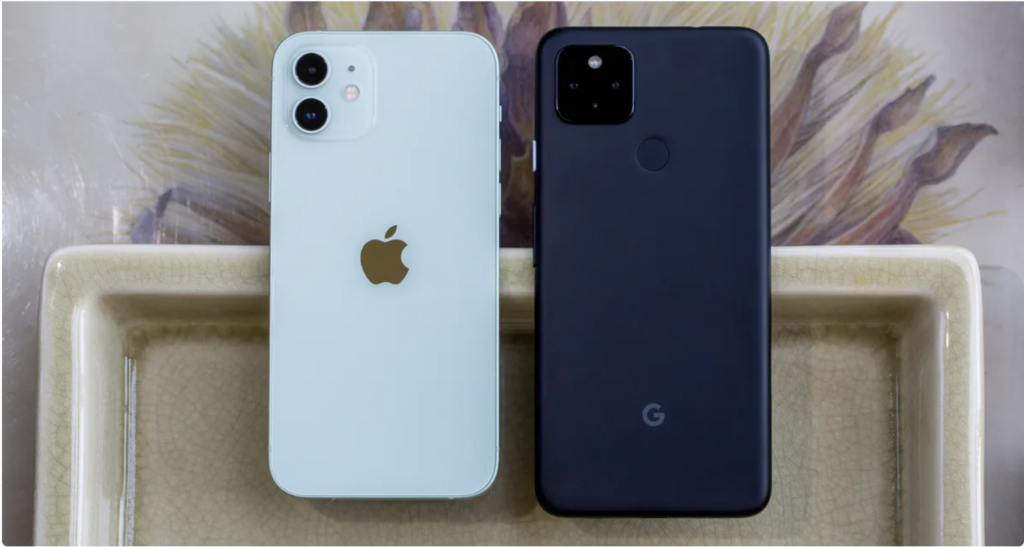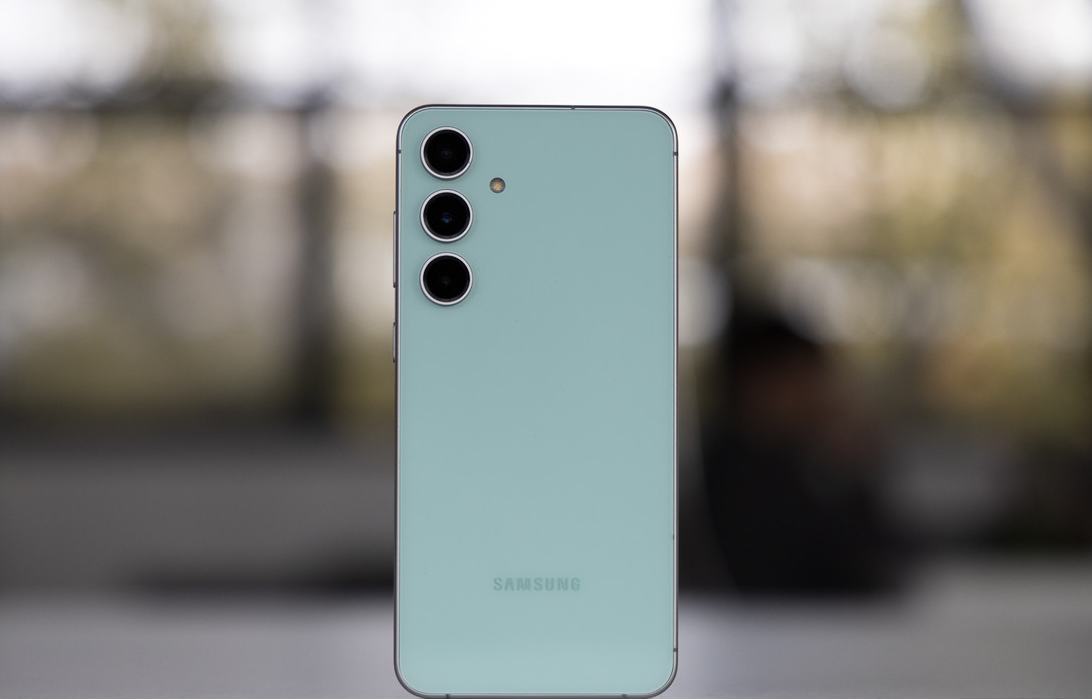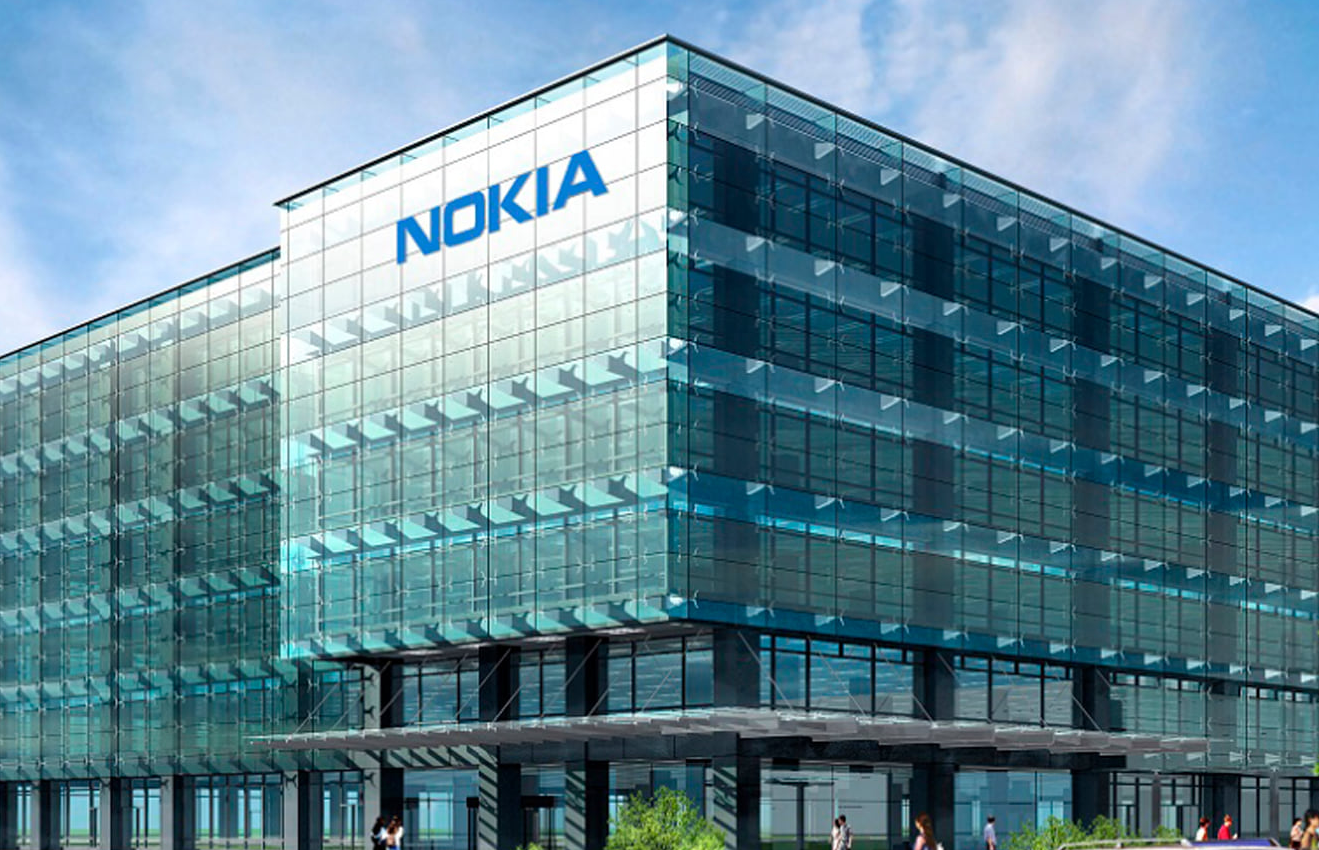In today’s world of technology, the two leading smartphone platforms of choice are the iPhone, developed by Apple, and the plethora of devices running on the Android operating system from a variety of manufacturers. Deciding which of these two options is best for you can be challenging, given that each has its own unique features, advantages, and limitations. Let’s take a closer look at the key features of both systems to help you make an informed choice based on your individual needs.
Comparative Analysis: iPhone (iOS) vs Android – Key Features and Differences
| Characterisation | iPhone (iOS) | Android |
| Ecosystem | High integration with Apple products | Wide range of devices from different manufacturers |
| Customisation | Restricted | High |
| Integration with services | Optimised for Apple services | Tight integration with Google services |
| Pricing policy | High | From budget to premium |
| Software Updates | Regular and timely | Irregular, depending on model and manufacturer |
| Safety | High | More vulnerable due to the openness of the platform |
| Device selection | Limited number of models | Huge variety of models |
| Quality of applications | High quality, often appearing on iOS first | Variable quality, device dependent |
| Compatibility with other devices | Less compatibility with non-Apple devices | Better compatibility with various devices and software |
| Performance | High for all models | High in flagship models, but variable in budget and mid-range models |
iPhone (iOS): Clarified Advantages and Disadvantages
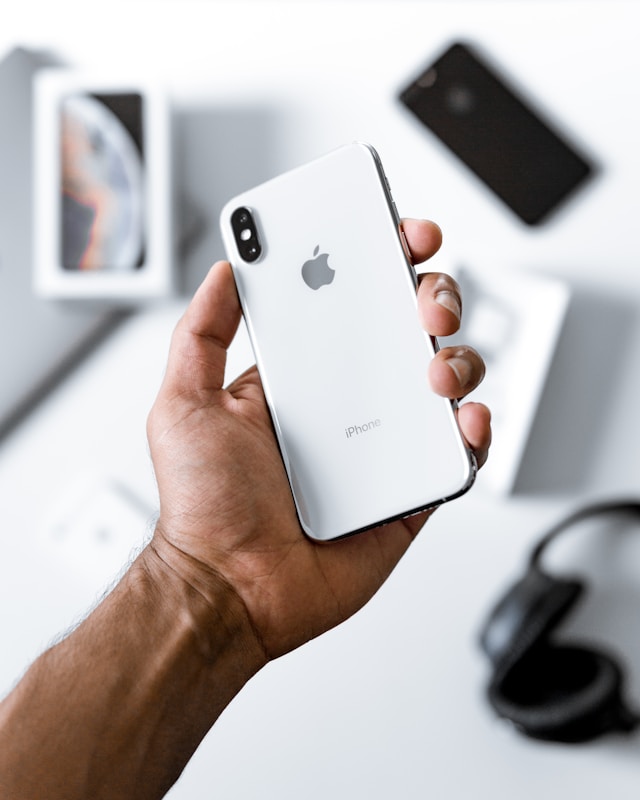
Advantages
Apple Harmonious Ecosystem: iPhone features outstanding synchronisation with a wide range of Apple products, including iPad, MacBook and Apple Watch. This integration enables seamless interaction between devices, simplifying data sharing and enhancing usability.
Top-notch Apps: iOS is known for its top-quality apps, especially in terms of design and functionality. Developers often favour iOS as the first platform to launch their apps, ensuring that users have access to the best new products.
Stable and Timely Updates: Apple supports its devices in a consistent and timely manner by providing regular updates to the operating system. This not only increases security, but also ensures access to the latest features and improvements.
Robust Security: Due to Apple’s strict controls and the closed nature of the ecosystem, iOS is considered one of the most secure mobile operating systems, reducing the risks of viruses and fraud.
Disadvantages
High Cost: Apple products, including the iPhone, are often more expensive than most Android devices. This makes them less accessible to a wide range of consumers.
Limited Customisation options: Unlike Android, iOS offers fewer options to customise the interface and functionality, which may not satisfy users who want to tailor their smartphone more deeply to their personal preferences.
Compatibility issues with Non-Apple Products: Using iPhone in combination with non-Apple ecosystem devices and software may be less convenient due to compatibility and integration limitations.
Android: Advanced Advantages and Disadvantages Analysis
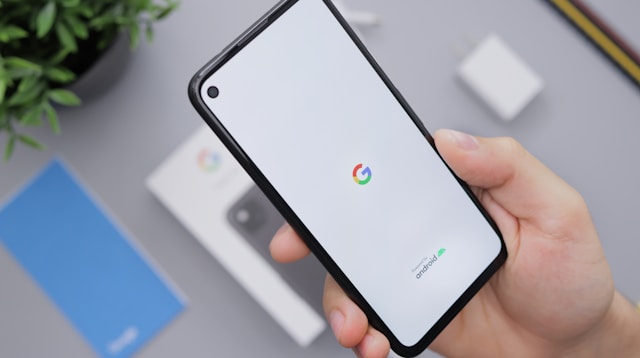
Advantages
Diverse Device Selection: The Android platform offers a huge selection of devices from many manufacturers, covering all possible tastes and budgets. From budget models to premium models, there’s something for everyone.
Flexibility in Customisation: Android stands out for its ability to be customised. Users have the ability to change everything from the interface to basic system features, allowing for a unique and personalised user experience.
Synergy with Google Services: Being tightly integrated with numerous Google services, the Android platform offers convenience and efficiency in using services such as Google Maps, Gmail, Google Assistant and many others.
Wide Price Range: Android devices are available in a wide range of price points, opening up access to smartphones to a wide range of consumers, regardless of their financial means.
Disadvantages
Fragmentation issue: Due to the large number of devices and variety of operating system versions, Android users may experience irregular or delayed updates, which affects the overall user experience and security.
Security concerns: The open nature of Android makes it more vulnerable to viruses and malware, especially given the variety of sources for downloading apps outside of the official Google Play Market.
Variable App Quality: While Android offers a wide range of apps, some may work better on iOS due to differences in optimisation and development.
Performance Varies Between Models: While flagship Android devices are often comparable to iPhones in terms of performance, budget and mid-range models can fall short of Apple’s standards in terms of speed and efficiency.
The decision to choose between iPhone and Android is determined by your individual preferences and needs. If you prioritise consistency across devices, regular updates and high-quality apps, then iPhone may be the best option for you. On the other hand, if you value the ability to customise the interface, a wide range of available devices and flexible pricing, then Android is likely to be a more preferable choice.
As both platforms are constantly evolving with innovations and improvements, it is important to consider the latest models and their features in order to make an informed and educated choice.
Want to save money and get money back on every purchase? Then go to the reBITme website and start receiving cashback right now!
